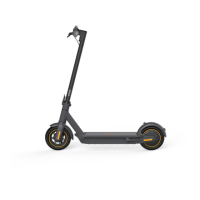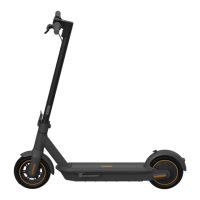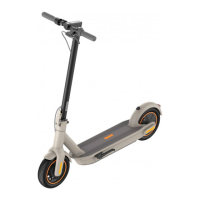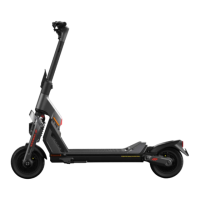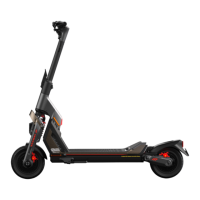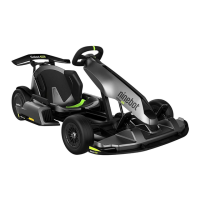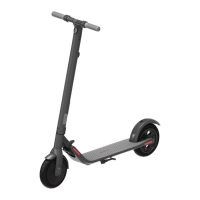Important WEEE information
WEEE Disposal and Recycling Information Correct Disposal of this product. This marking indicates that this product
should not be disposal with other household wastes throughout the EU.
To prevent possible harm to the environment or human health from uncontrolled waste disposal, recycle it responsible
to promote the sustainable reuse of materials resources. To return your used device, please use the return and
collection systems or contact the retailer where the product was purchased. They can take this product for
environmental safe recycling.
Battery recycling information for the European Union
Batteries or packaging for batteries are labeled in accordance with European Directive 2006/66/EC and amendment
2013/56/EU concerning batteries and accumulators and waste batteries and accumulators. The Directive determines
the framework for the return and recycling of used batteries and accumulators as applicable throughout the European
Union. This label is applied to various batteries to indicate that the battery is not to be thrown away, but rather reclaimed
upon end of life per this Directive.
In accordance with the European Directive 2006/66/EC and amendment 2013/56/EU, batteries and accumulators are
labeled to indicate that they are to be collected separately and recycled at end of life. The label on the battery may also
include a chemical symbol for the metal concerned in the battery (Pb for lead, Hg for mercury, and Cd for cadmium).
Users of batteries and accumulators must not dispose of batteries and accumulators as unsorted municipal waste, but
use the collection framework available to customers for the return, recycling, and treatment of batteries and
accumulators. Customer participation is important to minimize any potential effects of batteries and accumulators on
the environment and human health due to the potential presence of hazardous substances.
Before placing electrical and electronic equipment (EEE) in the waste collection stream or in waste collection facilities,
the end user of equipment containing batteries and/or accumulators must remove those batteries and accumulators for
separate collection.
12 Certifications
16 17
11 Specifications
Dimensions
Weight
Machine
Parameters
Battery
Motor
Charger
Features
Unfold: Length x Width x Height
Fold: Length x Width x Height
Payload
Rider
Recommended Age
Required Height
Max. Speed
Typical Range
[1]
Max. Slope
Operating Temperature
Storage Temperature
IP Rating
Duration of Charging
Traversable Terrain
Max. Charging Voltage
Charging Temperature
32–104°F (0–40°C)
Nominal Capacity
Battery Management System
Input Voltage
Output Voltage
Output Current
Nominal Voltage
Nominal Power
Output Power
~ 45.9 × 18.6 × 47.7 in (1167 × 472 × 1212 mm)
~ 45.9 × 18.6 × 21.0 in (1167 × 472 × 534 mm)
66.1–220.5 lbs (30.0–100.0 kg)
Approx. 40.4 miles (65 km)
Approx. 20%
36 VDC
14–104°F (-10–40°C)
-4–122°F (-20–50°C)
42 VDC
551 Wh
350 W
Over-heating, short circuit, over-current and
over-charge protection
Number Of Batteries
1
100–240V ~ 50/60Hz
42 VDC
2.9 A
121 W
14+ years
3’11”–6’6” (120–200 cm)
IPX5
~ 6 h
asphalt/flat pavement; obstacles < 0.4 in (1 cm);
gaps < 1.2 in (3 cm)
Approx. 12.4 mph (20 km/h)
Riding Modes
Energy Saving mode, Standard mode and Sport mode
Net
Approx. 43.0 lbs (19.5 kg)
G30D Item
[1]
Typical Range: tested while riding under full power, 165.3 lbs (75.0 kg) load, 77°F (25°C), 60% of max. speed on average on pavement.
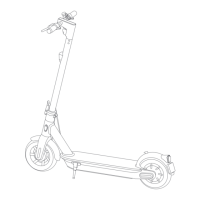
